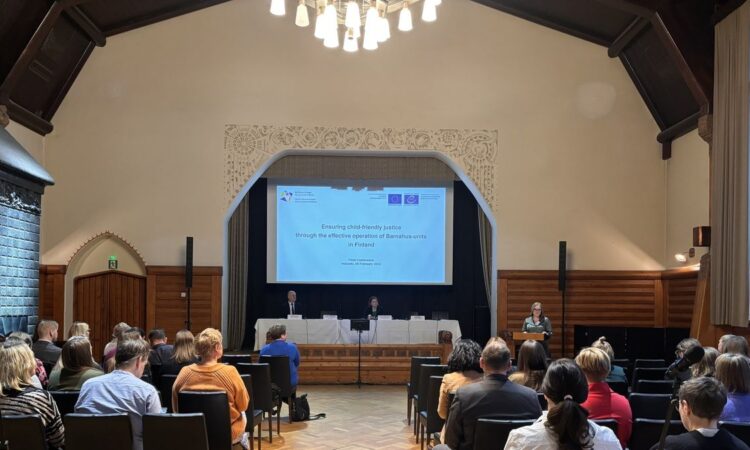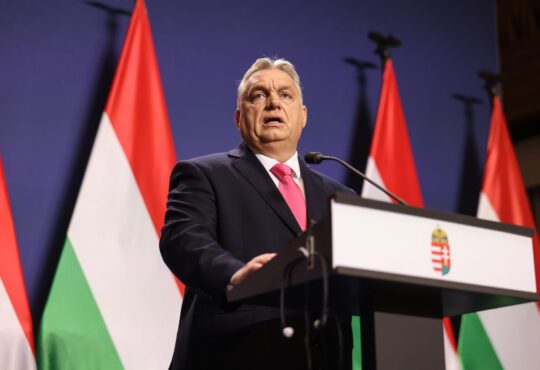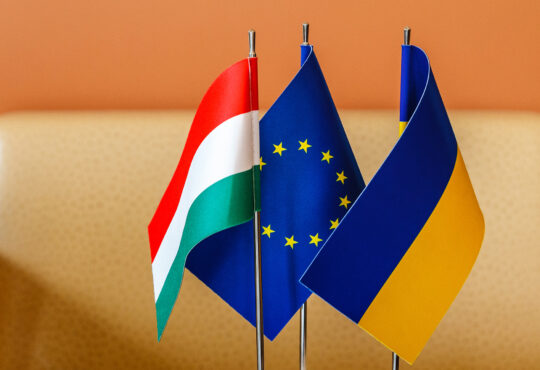
The European Union (EU) has taken a significant step forward in the promotion and protection of children’s rights by funding two pivotal projects aimed at enhancing child-friendly justice systems in Finland and Slovenia. These initiatives, part of the EU’s Technical Support Instrument (TSI), underscore a deep commitment to integrating children’s perspectives and needs into national justice frameworks.
Unveiling a New Era for Child Justice
In early 2024, the EU unveiled two groundbreaking projects in Helsinki, Finland, and Bled, Slovenia, dedicated to reforming the justice system to better serve the interests of children. The project in Finland, known as ‘Ensuring child-friendly justice through the effective operation of the Barnahus-units’, celebrated its culmination with a final conference on February 6, 2024. This event, highlighting two years of fruitful collaboration between the European Commission DG-REFORM, the Council of Europe, the Ministry of Health and Social Affairs, and the Finnish Institute of Health and Welfare (THL), marked a significant milestone in child justice reform.
The Barnahus model, originally inspired by a Nordic initiative, is designed to provide a multidisciplinary and integrated approach to handling cases of child abuse, particularly sexual abuse, in a manner that prioritizes the well-being and dignity of the child. The final conference in Finland not only celebrated the achievements of the past two years but also set the stage for implementing the project’s outcomes, with a strong reaffirmation of commitment towards sustaining these results.
Collaborative Efforts Yielding Fruitful Outcomes
The success of the project in Finland can be attributed to the excellent collaboration between various stakeholders at both the national and international levels. The development of several tools to improve the operation of the five existing Barnahus-units in Finland has been a key achievement. These tools aim to enhance the quality, efficiency, coordination, and operation of these units, ensuring that child sexual abuse cases are handled in a child-centered manner and in line with best practices.
The outcomes of this project are not only a testament to the commitment of the involved parties but also serve as a model for other countries striving to improve their child justice systems. The conference also provided an invaluable platform for sharing insights and best practices, with the participation of representatives from the Ministry of Health and Social Affairs, the European Union, the Council of Europe, other national stakeholders, academics, and both national and international experts.
Looking Ahead: The Future of Child-Friendly Justice
As the projects in Finland and Slovenia move forward, the focus now shifts to the implementation of the developed tools and the sustainability of the achieved results. The success of these initiatives highlights the importance of a child-centered approach in justice systems and sets a precedent for future reforms in the EU and beyond.
The commitment to improving child-friendly justice is a clear indication of the EU’s dedication to upholding and promoting children’s rights. As these projects continue to evolve, they offer hope for a more just and equitable society where the rights and needs of children are at the forefront of judicial processes.






